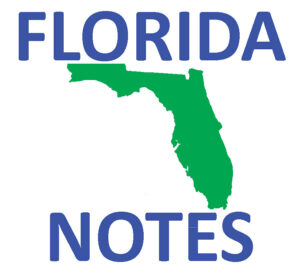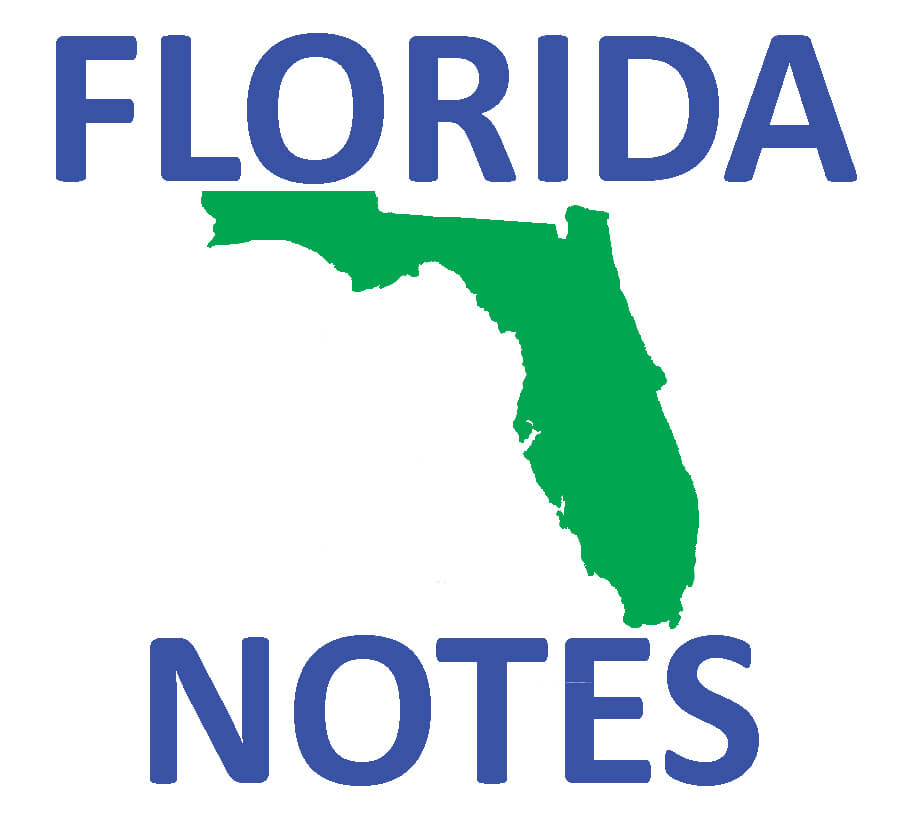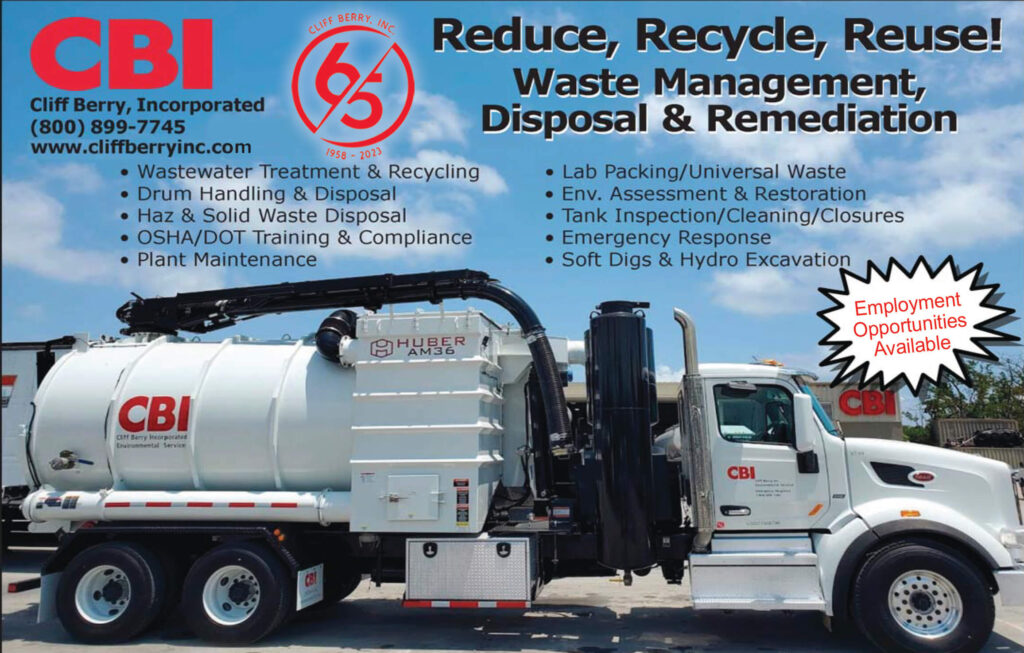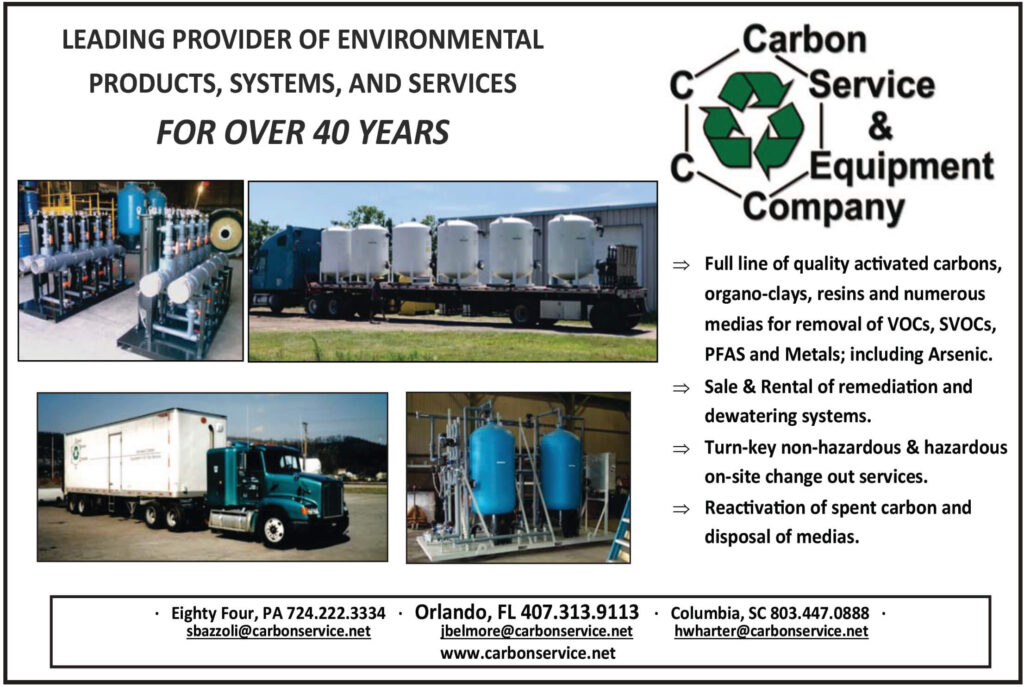STAFF & WIRE REPORTS

TEXAS
The just-signed 2023 National Defense Authorization Act includes a $34 billion plan to build a massive coastal barrier for Texas.
The $858 billion defense bill includes major projects to improve the nation’s waterways and protect communities against floods made more severe by climate change.
The Texas coastal protection funding is the largest of the 24 other projects authorized by the bill, such as a $6.3 billion plan to deepen vital shipping channels near New York City and a $1.2 billion effort to raise homes and businesses on the central Louisiana coast.
The most prominent feature of the coastal barrier would be floodgates to prevent storm surge from entering Galveston Bay and plowing up the Houston Ship Channel, and an 18-mile ring barrier system built along the backside of Galveston Island to protect homes and businesses from storm surge.
Construction is expected to last two decades.
For the complete story, read more here.
Entergy Texas issues RFP for 2000 MG of renewable energy
Entergy Texas recently issued a request for proposals for 2,000 megawatts of solar and wind generation resources, the largest in the company’s history.
In addition, the RFP allows bidders to offer battery storage options to enhance the wind and solar resources’ ability to meet customer needs.
From 2019 to just prior to this latest RFP, Entergy Texas has issued two RFPs totaling 600 MW.
For the complete story, read more here.
U.S. awards company $10 million for ‘water battery’
Texas firm Quidnet Energy won a $10 million grant to finetune their development on a new type of “water battery” that deploys underground rock formations instead of elevated reservoirs by using pumped hydro technology.
This centuries-old, gravity-based energy storage technology will be used with renewable energy sources to pump water to an upper reservoir whenever excess wind or solar power is available.
Then, when needed, water from the reservoir flows downhill to a power station, where it runs turbines to generate electricity.
For the complete story, read more here.
Noble Solar facility activated in Texas ERCOT Grid
Expected to avoid 450,000 metric tons of carbon emissions each year, the 275 MW solar, 125 MWh battery energy storage project by National Grid Renewables is now feeding renewable energy into the Texas ERCOT grid-controlled region.
The largest yet developed by the company, and one of the largest in the nation, the Noble Solar project began construction in 2021 and employed more than 600 construction workers.
National Grid Renewables partnered with First Solar and Fluence Energy to provide the components and implement the project. Corporate partners signed on with power purchase agreements (PPAs), including The Home Depot (100 MW) and the Hershey Company (50 MW).
For the complete story, read more here.
EIA Report predicts 30% renewables growth in the state
The US Energy Information Agency released its Short Term Energy Outlook for 2023 and predicts that Texas’s solar and wind will provide 37% of the electricity generated in the State, up from 30% in 2022.
This is the first time in history renewables might outpace gas in the State’s energy, according to the EIA.
For the complete story, read more here.
LOUISIANA
State awards $357 million in water and sewer projects
Louisiana lawmakers allocated $357 million of funding for water and sewer projects in December of 2022.
The funding targets 87 sewer and water upgrades around the state that does little to address an estimated $4 billion in needed projects.
The largest funded projects include fixes to the Calcasieu Parish water system ($15 million), the St. Tammany Parish water ($14.1 million) and sewer ($13.9 million) systems, and Shongaloo water system in Webster Parish ($10.4 million).
For the complete story, read more here.
Foundation secures $50 million federal grant for clean energy
The Greater New Orleans Development Foundation (GNODF), an affiliate of Greater New Orleans Inc., has secured a $50 million Department of Energy grant to boost the region’s clean energy sector.
One of 21 winners splitting the $1 billion Build Back Better Regional Challenge, GNODF will partner with LSU’s chemical and petroleum engineering programs for its project H2theFuture, whose purpose is to steer the South Louisiana industrial corridor toward a net-zero carbon future.
The funding will focus on carbon capture and hydrogen power and work across the five sectors of workforce, business development, testbeds, manufacturing and public private partnership.
For the complete story, read more here.
Company to purchase closed Louisiana refinery
Harvest Midstream, a private oil and gas transportation and storage company headquartered in Houston, has a deal to buy Phillips 66 Refinery in Plaquemines Parish, which the oil and energy multinational shuttered in November and turned into a storage terminal in 2022.
The move terminated 470 jobs.
Details of the upcoming deal were not disclosed but analysts have opined it could be worth around $500 million.
For the complete story, read more here.
MISSISSIPPI
U.S. Department of Justice sues City of Jackson over water crisis
The U.S. Department of Justice has filed a proposed order in court that seeks to appoint a third party manager to oversee the public drinking water system in Jackson, Mississippi.
Culminating decades of neglect, the city of Jackson has experienced a months-long crisis that has left 180,000 of its residents without clean and safe drinking water.
For the complete story, read more here.
Largest wood-pellet producer in the world delivers first product
State leaders gathered to celebrate the send-off of Mississippi-made wood pellets, which are designed to be burned in place of coal, headed for Japan from the Port of Pascagoula.
Wood-pellet company Enviva, the largest of its kind, has 10 southeastern factories and is establishing new operations in Bond, Mississippi, investing $90 million to expand their footprint in the state.
Enviva partnered with the Port of Pascagoula to ensure storage facilities and operational systems, resulting in 30 local jobs at the port.
The company received $4 million in grants from the state to open its Bond facility.
For the complete story, read more here.
ALABAMA
Electric car charging stations funded for Highway 280
A grant by Gov. Kay Ivey totaling $2.5 million will fund two electric car charging stations along the Highway 280 corridor at Allen Oil locations in Sylacauga and Alexander City.
A total of 18 new charging stations will be established.
The governor cited Alabama’s own automobile manufacturers’ plans to establish production to electric vehicles as one of the impetuses for the funding.
Alabama Department of Economic and Community Affairs (ADECA) is in charge of administering the grant money.
Private companies, utilities, and government organizations were eligible to receive the funding.
Federal funding from the National Electric Vehicle Infrastructure program will be awarded in the future to further develop EV charging infrastructure along Alabama’s roadways.
For the complete story, read more here.
Solar farm reaches settlement over Clean Water Act violations
After four years of investigations and cooperation, the U.S. Department of Justice and the Environmental Protection Agency have settled with AL Solar, a solar farm in rural Alabama, over violations of the Clean Water Act.
The violations occurred during construction, when large amounts of sediments from the work went into the Chattahoochee River and affected municipal water intakes downstream.
Under the settlement, the company agreed to pay a $250,000 civil penalty to the United States and a $250,000 civil penalty to Alabama Department of Environmental Management in addition to contributions by the project contractor and the site owner to support Chattahoochee Riverkeeper’s West Point Lake Floating Classroom, an on-the-water environmental educational program.
For the complete story, read more here.
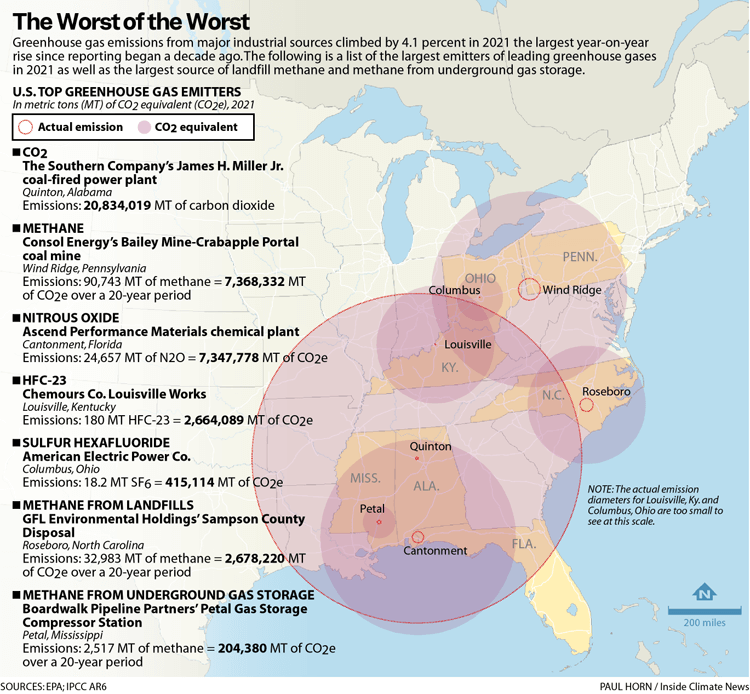
EPA Lists Alabama company as worst polluter in the U.S.
The U.S. Environmental Protection Agency issued a report that shows some of the nation’s worst polluters are based in the Southeast.
No. 1 on their list is the James H. Miller Jr. coal fired plant in Quinton, Alabama, run by the Southern Company. The plant emitted nearly 21 million metric tons of carbon dioxide in 2021.
For the complete story, read more here.●










